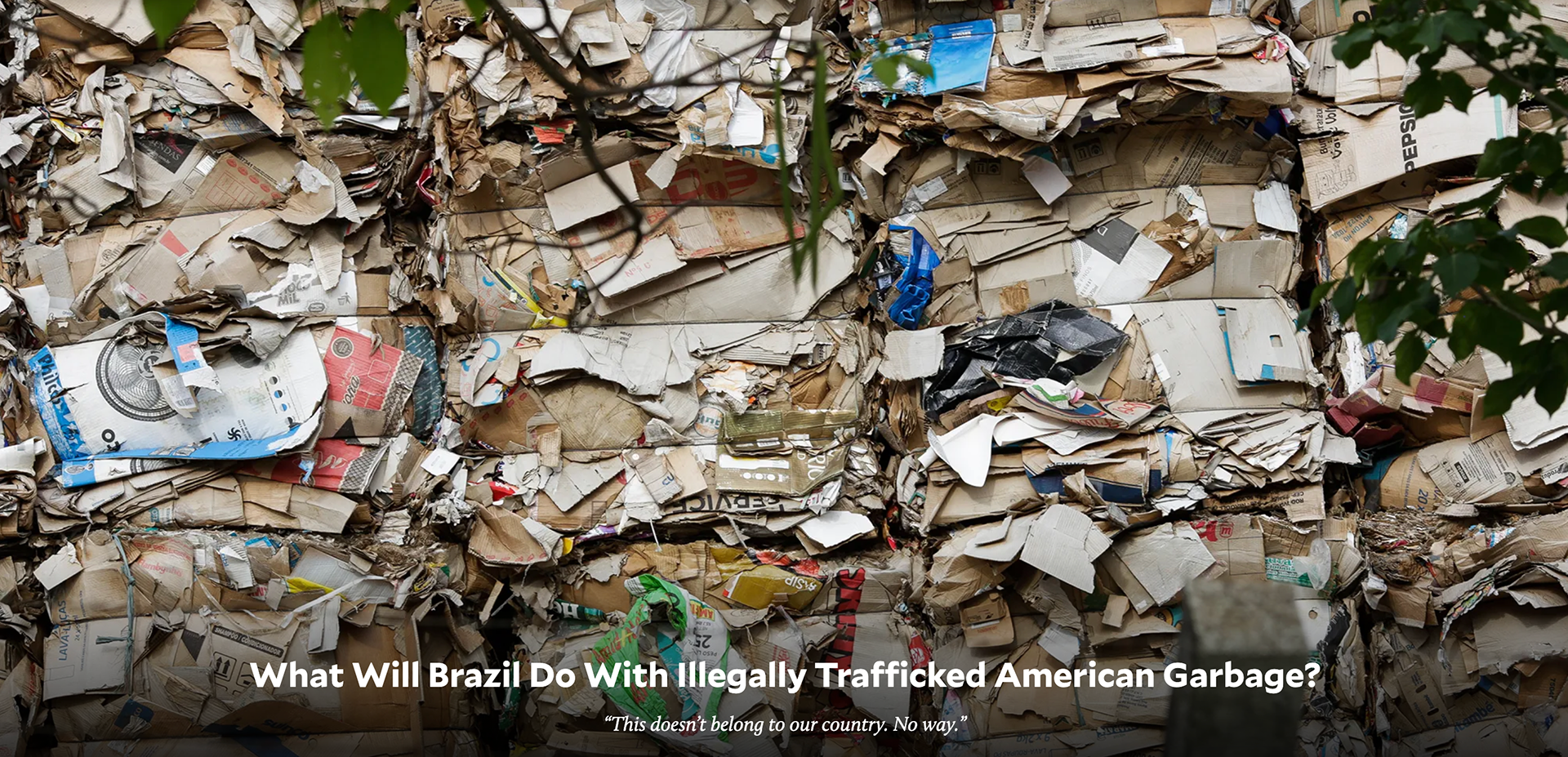America plays a significant role in ocean pollution, both directly and indirectly, and the media often fails to highlight the full scope of the issue. Here’s a breakdown of how the U.S. contributes and what’s often hidden from public view:
How America Contributes to Ocean Pollution:
Plastic Waste & Microplastics
The U.S. generates millions of tons of plastic waste annually, a large portion of which ends up in the ocean. Despite recycling programs, much of this plastic is either incinerated, dumped in landfills, or exported to other countries, where it often ends up in waterways.
Exporting Waste to Other Countries
The U.S. has long sold or sent its plastic and electronic waste to countries like Malaysia, Indonesia, and the Philippines. Many of these nations lack proper waste management, leading to massive amounts of American trash leaking into rivers and oceans. China used to be the biggest buyer of U.S. waste, but it banned most plastic imports in 2018, exposing the flaws in America's recycling system.
Oil Spills & Chemical Runoff
The U.S. is home to major oil refineries and shipping operations, which frequently leak petroleum into the ocean. Agricultural and industrial runoff containing toxic chemicals, fertilizers, and heavy metals also contribute to ocean pollution, causing dead zones where marine life cannot survive.
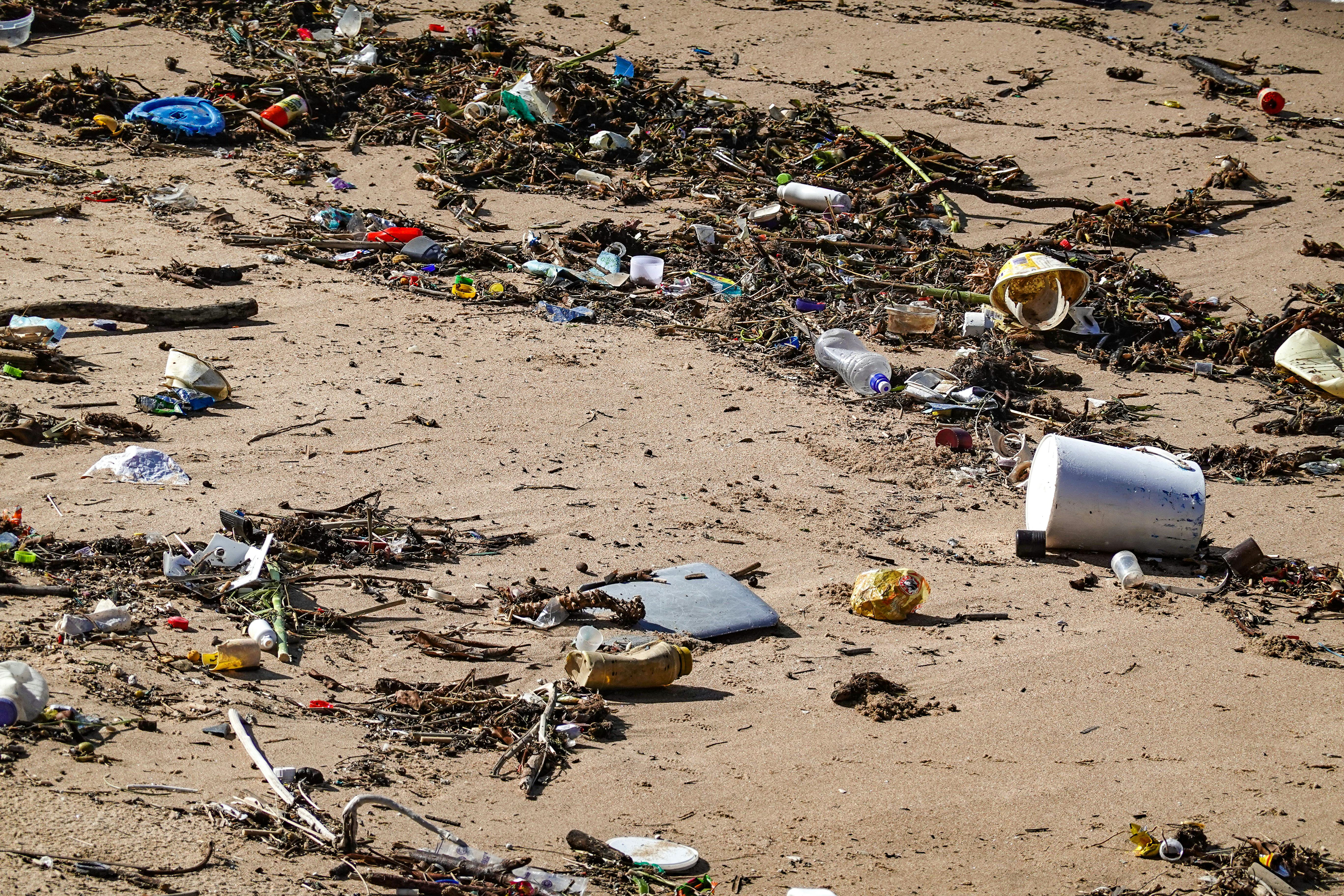
Washed up Ocean Pollution
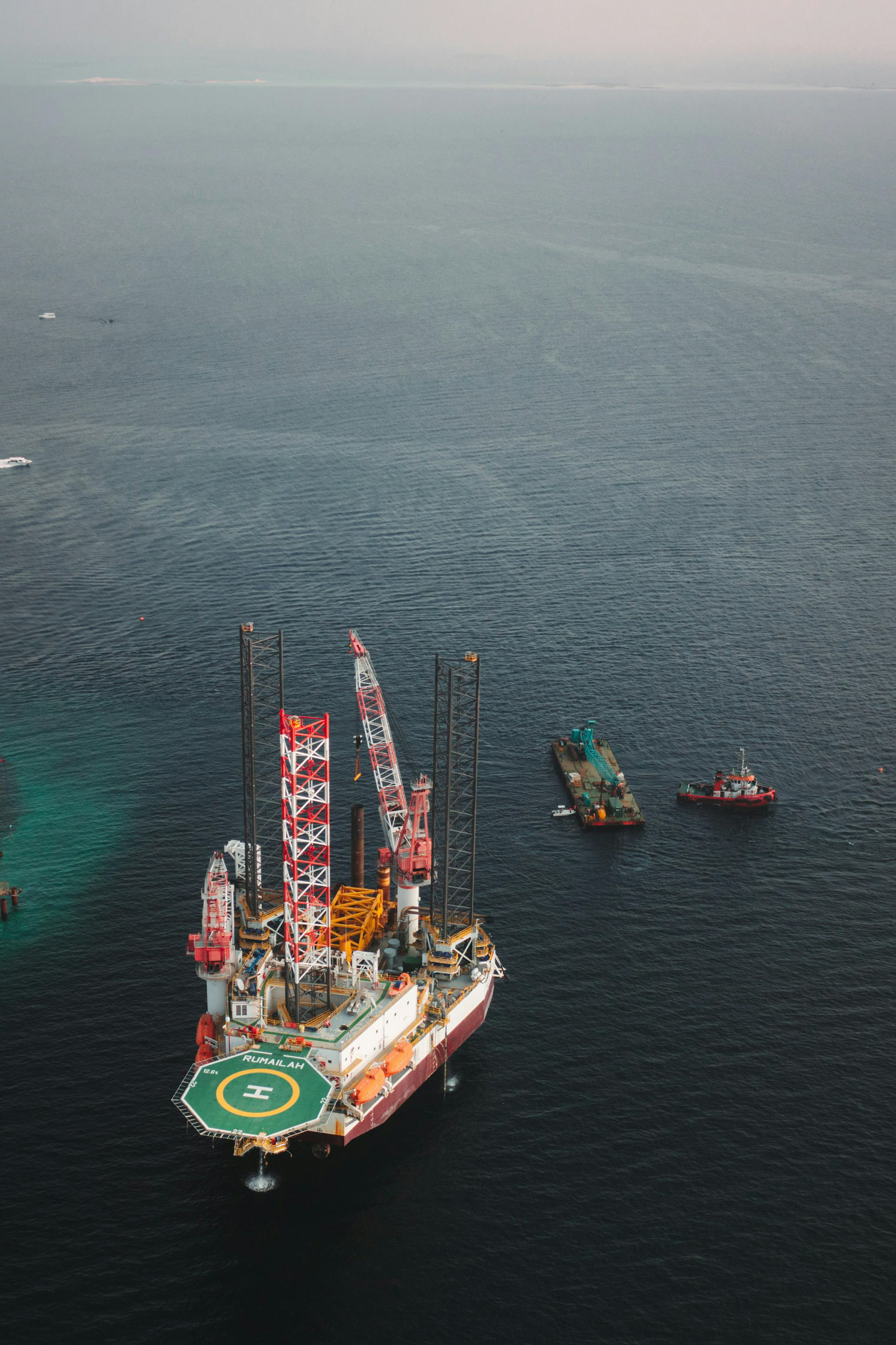
Oil Rig
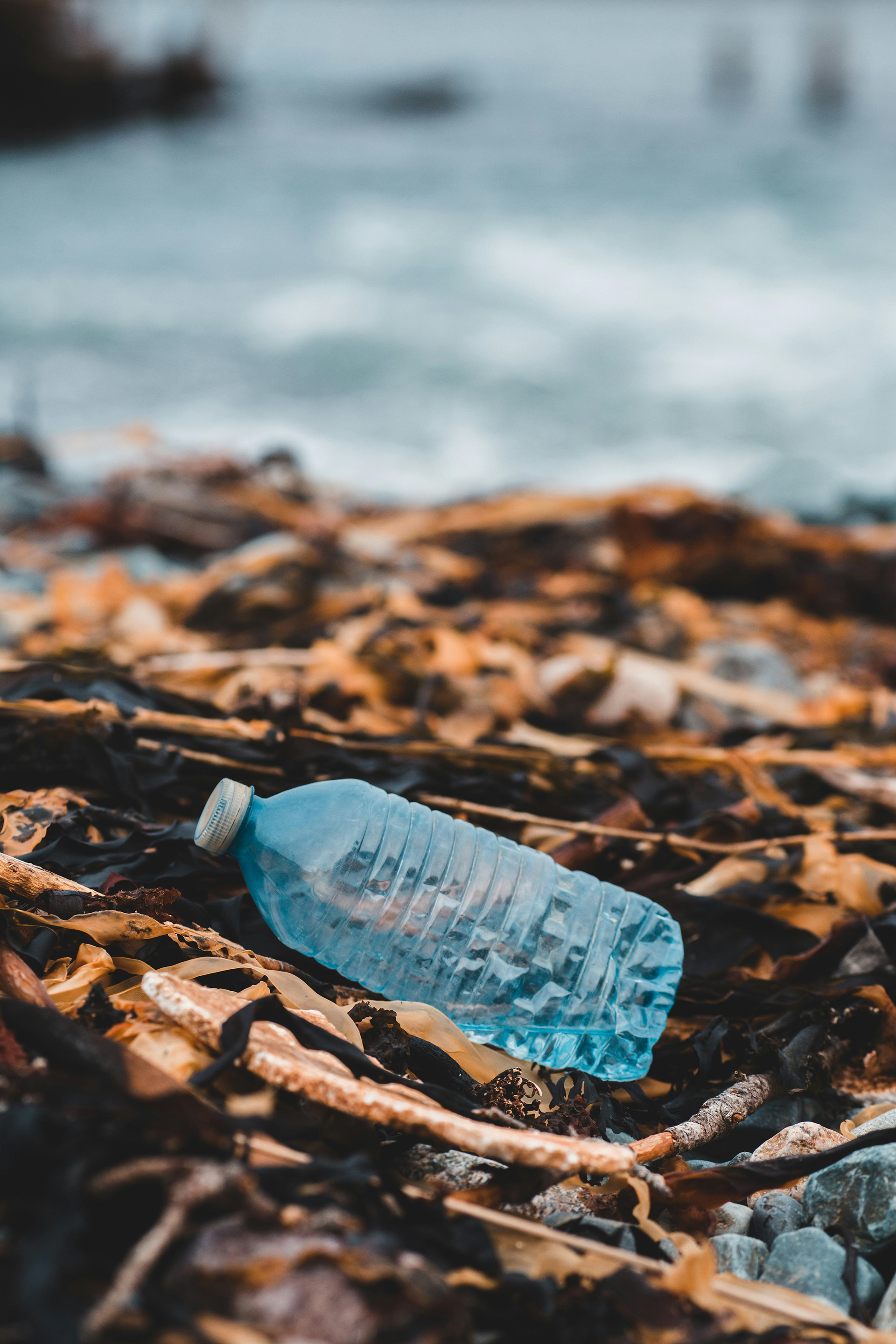
Pllastic bottles that create Micro-plastics
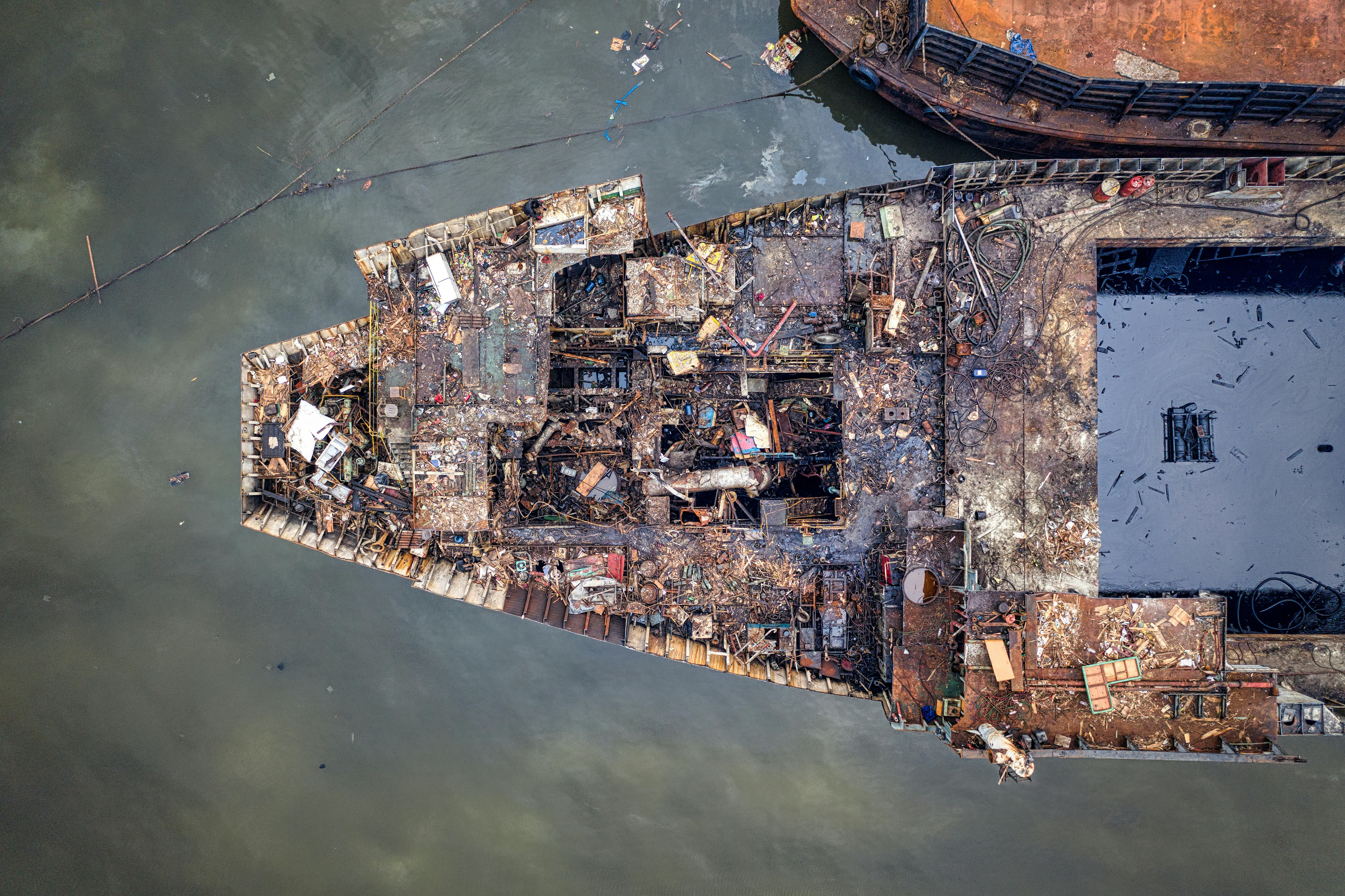
Boat that Ships US Trash to Foriegn Lands
What the Media Doesn't Cover:
The Recycling Myth
Many Americans believe that putting plastic in a blue bin means it gets recycled, but in reality, only about 5-9% of plastic waste in the U.S. is actually recycled. The rest is burned, buried, or exported.
Ocean Dumping by the Military & Corporations
The U.S. military has a long history of dumping waste, including old ships, chemicals, and radioactive materials, into the ocean. Large corporations also use loopholes to dispose of industrial waste into marine environments with little accountability.
Hidden Microplastic Data
Studies have found microplastics in U.S. drinking water, seafood, and even human blood, yet the full health impact is still under-researched and rarely discussed in mainstream media.
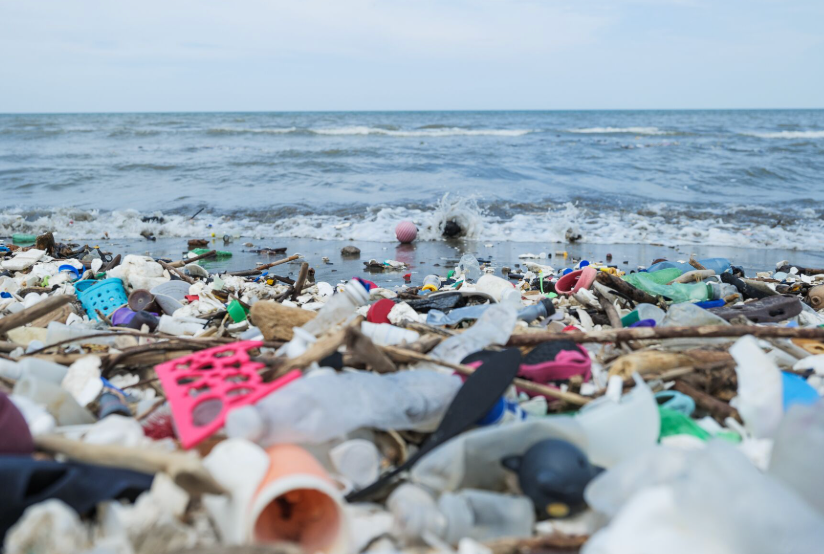
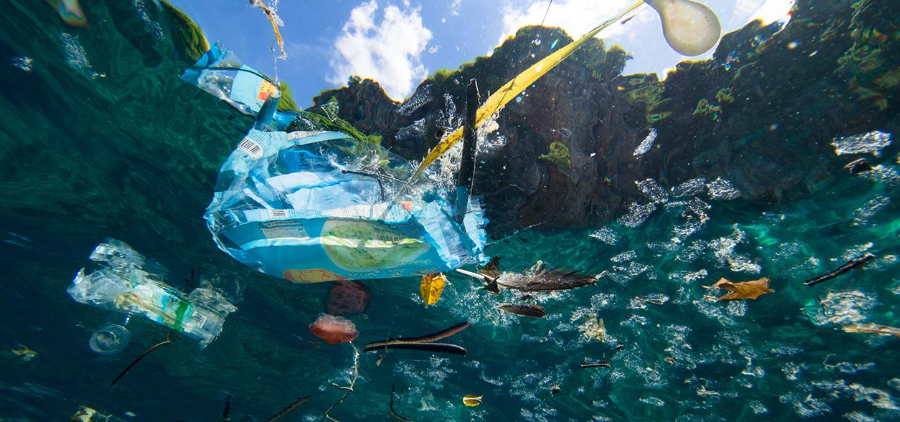
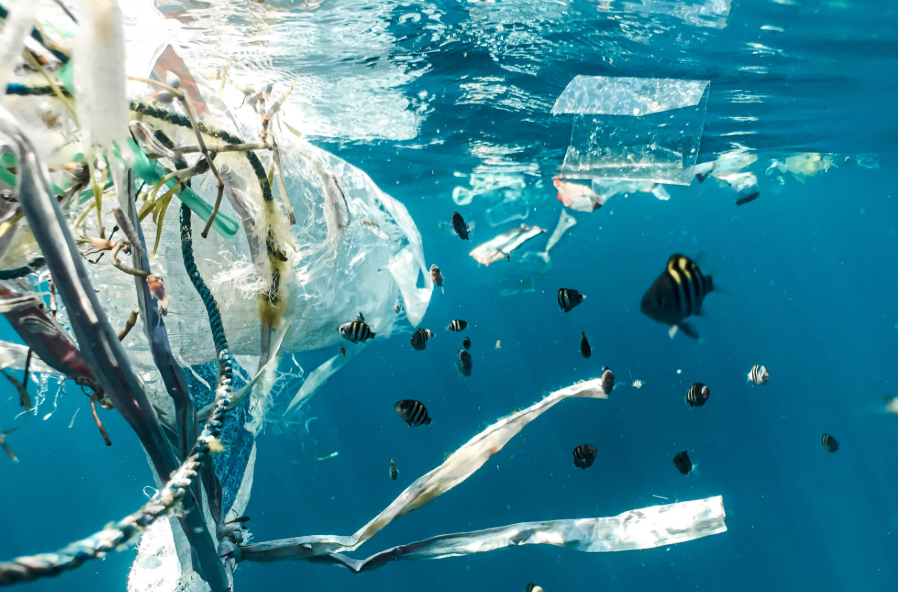
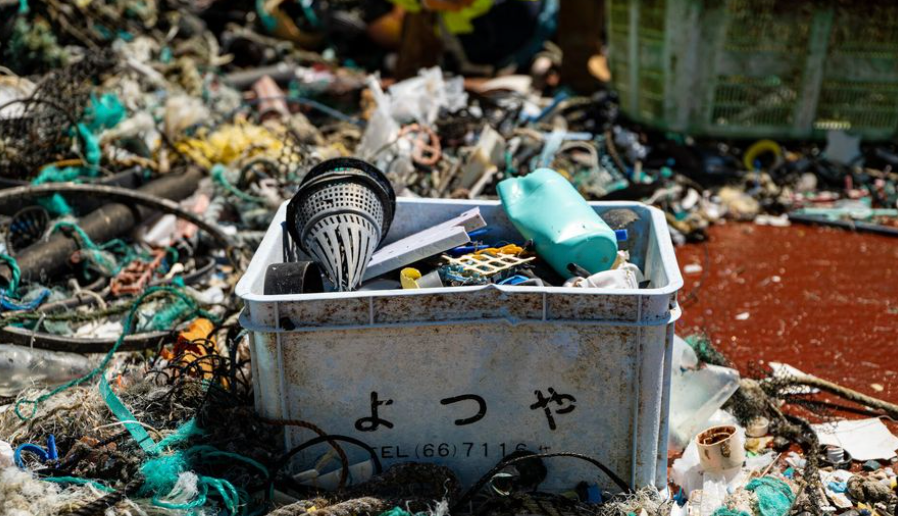
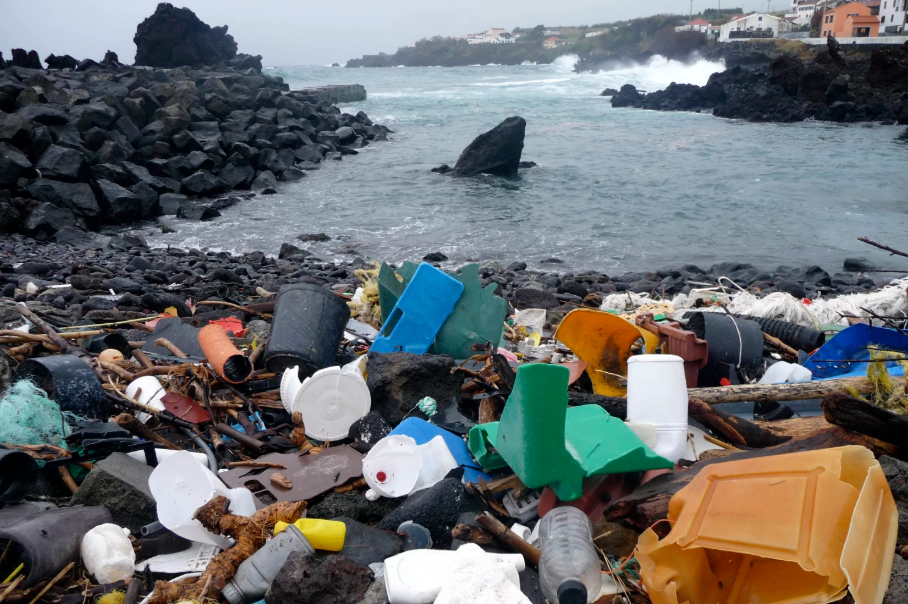
What's Wrong With the U.S. Approach?
Blaming Other Countries
The U.S. often points fingers at Asian nations for ocean pollution while ignoring the fact that much of the plastic waste in those countries comes from Western nations.
Weak Regulations
Unlike the EU, which is taking steps to ban certain plastics and enforce stricter waste policies, the U.S. lags in meaningful plastic bans or corporate accountability.
Corporate Greenwashing
Companies market their products as "eco-friendly" while still using excessive plastic packaging and wasteful production methods.
America's Garbage Exports:
For decades, the U.S. has sold or shipped its garbage—especially plastic, e-waste, and scrap metal—to poorer nations, where it's often dumped, burned, or improperly processed. Many of these countries, like the Philippines and Malaysia, have started rejecting American waste and sending shipments back, exposing the U.S.’s unsustainable waste management system.
America contributes significantly to ocean pollution, but much of the problem is outsourced, underreported, or downplayed by corporations and policymakers. Until stronger environmental policies and real systemic changes are made, the U.S. will remain a major player in the global pollution crisis.
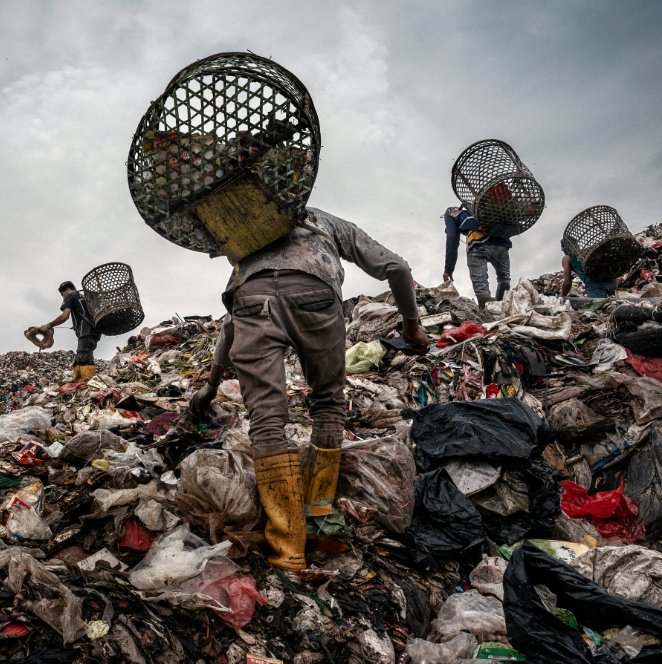
Garbage Pickers in India
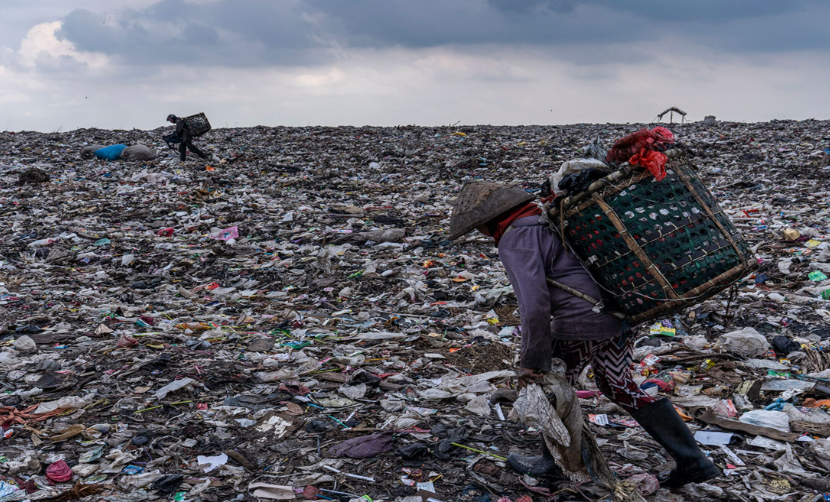
Garbage Pickers In China
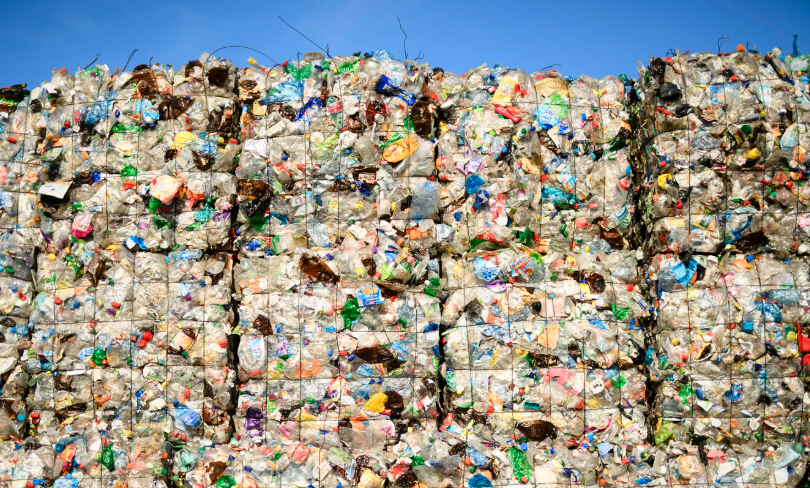
Garbage In Transtortation
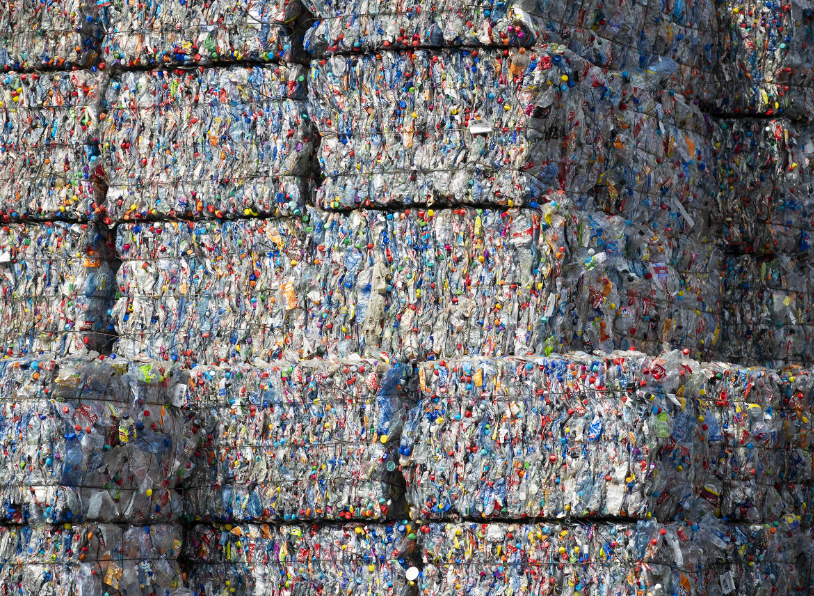
STACKS
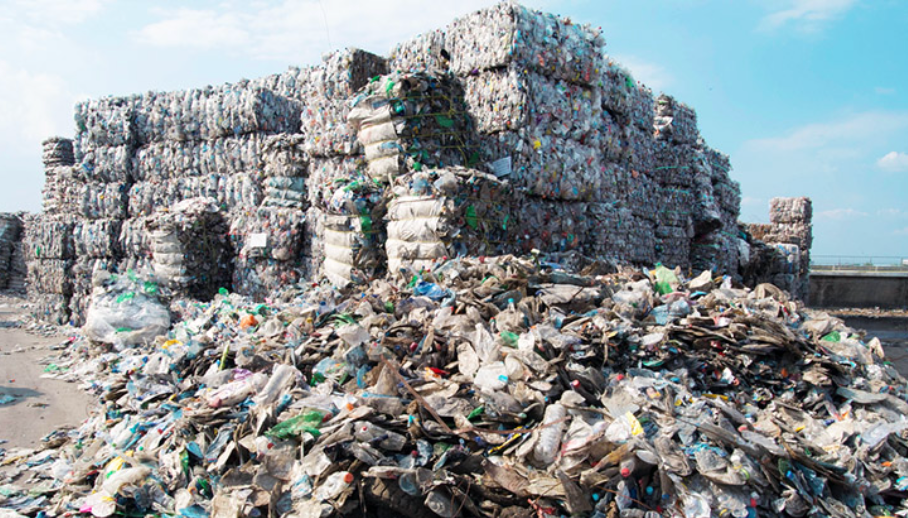
What Ameriacan Shipped Garbage Looks Like.
